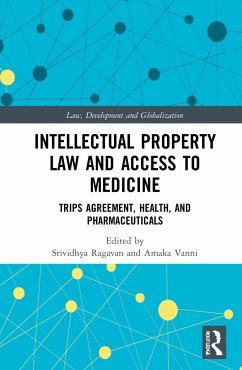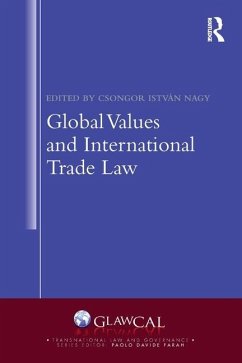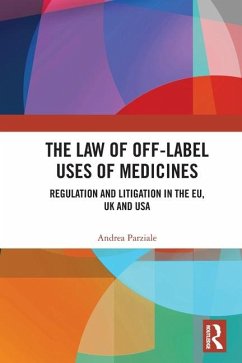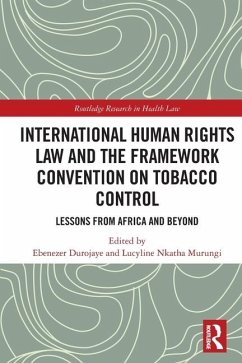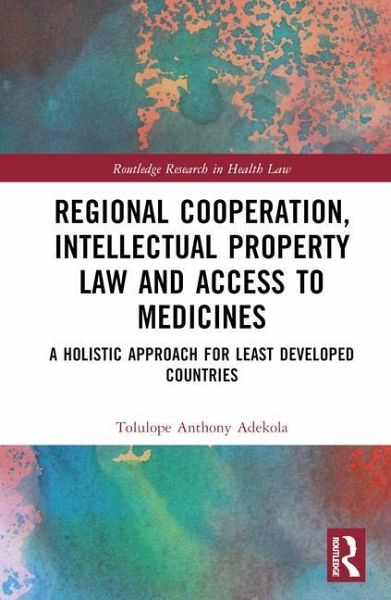
Regional Cooperation, Intellectual Property Law and Access to Medicines
A Holistic Approach for Least Developed Countries
Versandkostenfrei!
Versandfertig in 6-10 Tagen
154,99 €
inkl. MwSt.
Weitere Ausgaben:

PAYBACK Punkte
77 °P sammeln!
This book examines the potential for regionalisation of intellectual property law and policy as a means of improving pharmaceutical access for least developed countries. The challenge of sustainable access to pharmaceuticals continues to be an issue of global significance. While much has been written on emerging economies in this context, least developed countries have been largely overlooked. This book fills this gap by taking the East African Community as a case study of developing and least developed countries to illustrate why and how a regional collective approach is preferred. It adopts ...
This book examines the potential for regionalisation of intellectual property law and policy as a means of improving pharmaceutical access for least developed countries. The challenge of sustainable access to pharmaceuticals continues to be an issue of global significance. While much has been written on emerging economies in this context, least developed countries have been largely overlooked. This book fills this gap by taking the East African Community as a case study of developing and least developed countries to illustrate why and how a regional collective approach is preferred. It adopts a holistic approach in finding sustainable solutions to both IP and non-IP barriers to pharmaceutical access across a range of inter-related issues through a regional cooperative scheme. It evaluates factors that are necessary for successful regional cooperation, such as legal and policy coherence, WTO rule compliance, the threat of protectionism, regional competition rules, and so on, in order to produce legal and policy recommendations relevant to both existing and intending regional coalitions desiring to improve pharmaceutical access. It also looks beyond the scope of IP barriers to pharmaceutical access, examining non-IP-related factors such as pharmaceutical market intelligence, local pharmaceutical manufacturing capacity, economies of scale and purchasing power, medical regulation and quality assurance, technology transfer, and market size amongst others. The book will be an invaluable resource for academics, researchers and policy-makers working in the areas of Public Health Law, International Trade Law, Intellectual Property Law and Development Studies.





